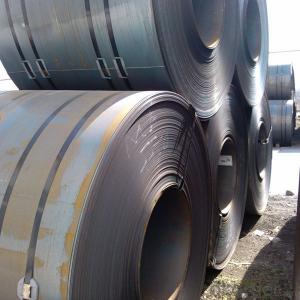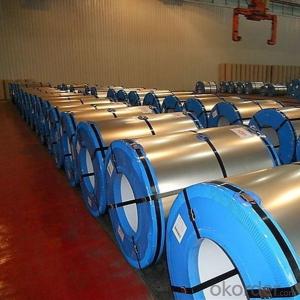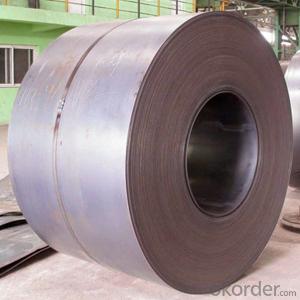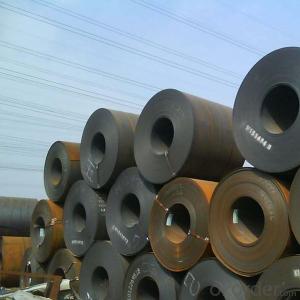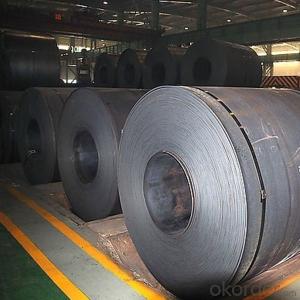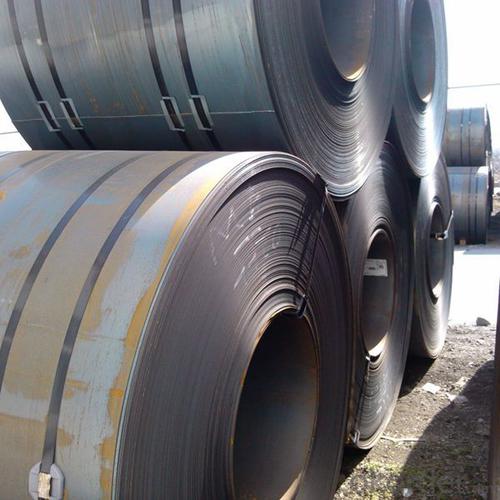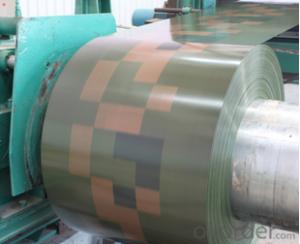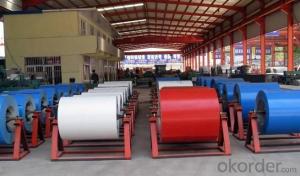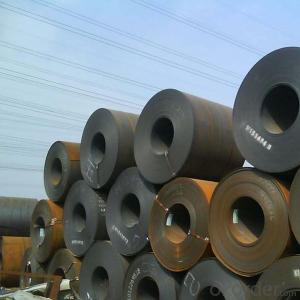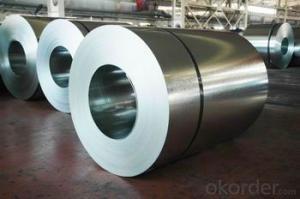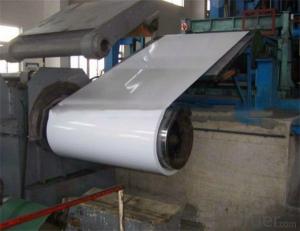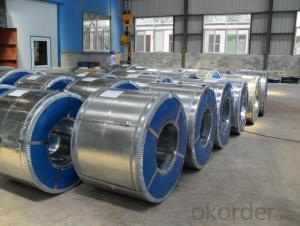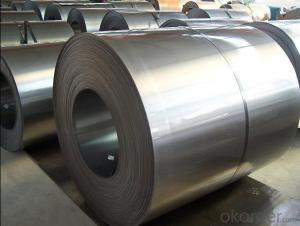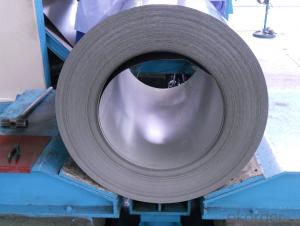Hot Dip Galvanized Steel Coils Steel Plates Steel Sheets 2016
- Loading Port:
- Tianjin
- Payment Terms:
- TT OR LC
- Min Order Qty:
- 50 m.t.
- Supply Capability:
- 20000 m.t./month
OKorder Service Pledge
OKorder Financial Service
You Might Also Like
Specification
DESCRIPTION FOR SS400 CARBON STEEL SHEET
1.Thickness: 1-200mm
2.Width: 100-3000mm
3.Length: 1000-12000mm
4. Applications :mining machinery, environmental protection, engineering
5. Grade:SS400 A 36 Q195.Q235.Q345.SPCC.SPCH
6.Surface : Hot Rolled Cold Rolled Galvanized Steel
DESCRIPTION FOR CARBON STEEL PLATE
Product | carbon steel plate price per ton |
Place of origin | Tianjin,China mainland |
MOQ | 25 tons |
Thickness | 1mm-200mm |
Width | 1000mm-3000mm |
Length | 1000mm-2000mm |
Application | widely |
Standard | AISI,ASTM,BS,DIN,JIS,GB,etc |
Grade | A572,A573,A633,A678,A709,A710,G3101,G3136,etc |
Tpye | Steel plate |
Surfacing | Coated |
Productive Technology | Hot Rolled & Cold Rolled |
Price | FOB USD 500-900 per ton |
Port | TIANJIN,SHANGHAI |
Payment Terms | L/C,T/T,Western Union,MoneyGram |
Product Ability | 1000 tons per month |
Delivery | 10 days after deposit or according to customers' quantity |
Packing | standard seaworthy export packing or as the request of customers |
PACKING:
1.Big thickness:by bulk vessel
2.Small thickness:packed by steel strips and shipped by container
3.According to the requirements of customers'
TRADE TERMS :FOB, CFR, CIF
DETAILED PICTURES FOR STEEL COILS
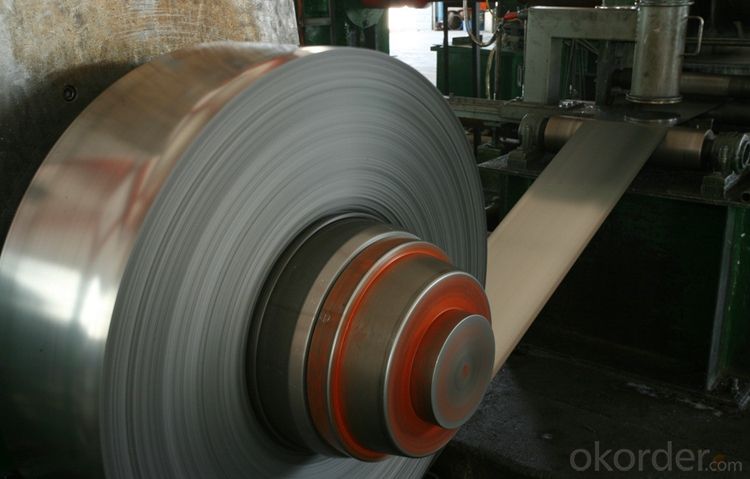
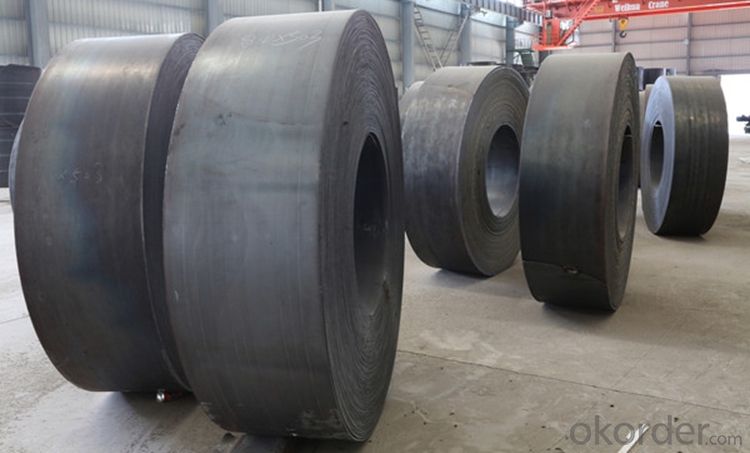
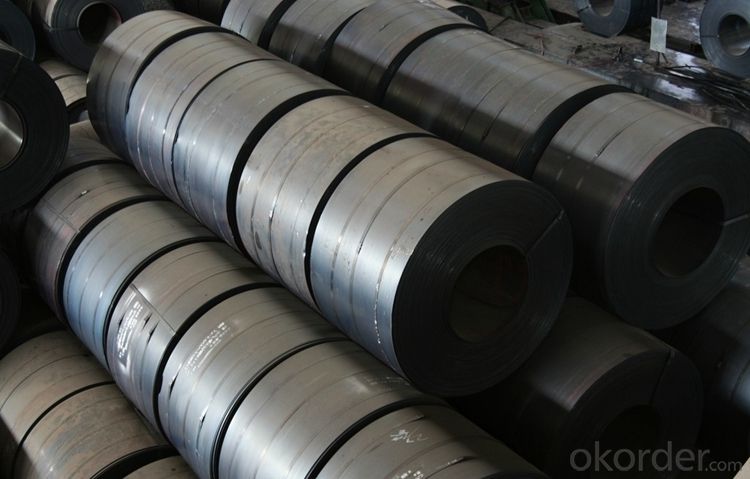
EXPORT MARKET FOR STEEL COILS/SHEETS
Our target market is the international market. Every year we export most of products to countries like India, Pakistan, South Korea, Brazil, Australia, South Africa, Spain, Sri Lanka, Taiwan, Hong Kong, etc.
FAQ:
Q:Do you have OEM service?
A: Yes.Variety of products size,quality and quantity can be customized according to your need.
Q:Could you support free sample?
A:Yes.We can supply FREE samples.But the delivery charges will be covered by our customers.
Q:How about the delivery time?
A:Within 15-30days after receiving the deposit or L/C at sight.
- Q: What are the typical tolerances for steel coils?
- The typical tolerances for steel coils can vary depending on the specific requirements and standards of the industry. However, common tolerances for steel coils typically range between +/- 0.005 to 0.020 inches in terms of thickness, width, and length. These tolerances ensure that the steel coils meet the desired specifications and can be used effectively in various applications.
- Q: I have a Nike SQ Sumo 21 degree and it is a steel shaft. I hit the ball very high with this club and I lose distance. I don't hit any of my other clubs high it's just this one. Is it because of the steel shaft or is it the club? Help please.
- Actually it isnt so much whether its steel or graphite, although in the past steel was stiffer as a rule. Today many graphite shafts (depending on the shaft manufacturer) are in fact stiffer then some steel shafts. IE proforce XS vs true temper R You also have to look at the kick point in the shaft. The kick point is where the shaft bends at moment of impact. My shafts are tipped lower because I custom made them that way because I typically hit the ball low to begin with. High kick point means lower ball flight and lower means a higher flight. Also different brands have different stiffness' some regular shafts you'll find feel stiffer then other stiff shafts. the only way to tell if its the shaft is to have all the same shafts installed with the same kickpoint hope this helps
- Q: I asked a question last week about stainless steel and got some great answers. I combed all over the internet to try to figure this one out but could not find anything. What resists bending better: chrome vanadium steel (i.e. a steel commonly used to make tools) or stainless steel 304. My guess would be the chrome vanadium alloy but thats just a guess. Which on resist's bending better and by how much (#'s please :-)). Also, if anyone knows if chrome vanadium steel is cheaper than stainless steel 304 that would be awesome? I can't find a price per pound on chrome vanadium steel anywhere! Please help. Thanks in advance-Josh
- Type 304 stainless steel can be tempered to give tensile strength up to about 125,000 psi. There are many chrome vanadium alloys, and tempers, but they are generally very hard steels used for machine tools which are used to cut other steels. They generally are much stronger, and can be hardened up to tensile strengths of 250,000 psi and beyond. (Bending strength is proportional to tensile strength, but Cr-V steels are not usually used for beams or other structure members.) Cr-V steels are specialty alloys and will probably be a good bit more expensive per pound than common stainless alloys. For any steel, price depends on the form you are buying, i.e. plate, bar, or other shape, as well as the alloy and temper specified, and the quantity. You need to get prices from a supplier. You can find some online catalogs, but you usually have to call the vendor for price info.
- Q: What are the common coil handling equipment used in the industry?
- Some common coil handling equipment used in the industry are coil cradles, coil reels, coil straighteners, coil feeders, and coil transfer cars. These tools are essential for safe and efficient handling of coiled materials during various manufacturing processes.
- Q: i need flint and steel. are there common household items i can get the flint and the steel from????
- no common flint and steel in the house === you need to buy a Boy Scout - flint and steel fire starter kit === or a BIC lighter ... the other thing is a small jar filled with water [[ capped and water level near the top.]] hold the water-jar over some
- Q: What are the factors to consider when selecting a supplier for steel coils?
- There are several factors to consider when selecting a supplier for steel coils. 1. Quality: The supplier's reputation for providing high-quality steel coils is crucial. The steel coils should meet industry standards and have consistent quality to ensure the durability and performance of the final product. 2. Reliability: It is important to choose a supplier that can consistently meet your demand for steel coils. They should have a proven track record of on-time delivery and the ability to handle large orders efficiently. 3. Cost: The pricing of steel coils is a significant factor to consider. While it is essential to find a supplier that offers competitive prices, it is equally important to ensure that the quality is not compromised. Comparing prices from multiple suppliers is advisable to find the best balance between cost and quality. 4. Range of Products: Look for a supplier that offers a wide range of steel coil products. This ensures that you have various options to choose from and can find the exact specifications and dimensions that meet your requirements. 5. Technical Expertise: A supplier with technical expertise and experience in the steel industry can provide valuable advice and assistance in selecting the right steel coils for your specific needs. They can also help with any customization or special requirements you may have. 6. Location and Delivery: Consider the supplier's location and their ability to deliver steel coils to your desired location. Choosing a supplier who is geographically closer to your facility can help reduce transportation costs and lead times. 7. Customer Service: A supplier who values good customer service is always preferable. They should be responsive to your inquiries, provide timely updates, and be willing to address any issues or concerns that may arise. By considering these factors, you can make an informed decision and choose a supplier that best meets your requirements for steel coils.
- Q: What are the common methods of slitting or shearing steel coils?
- The common methods of slitting or shearing steel coils include rotary shear, guillotine shear, and laser cutting.
- Q: What are the factors affecting the formability of steel coils?
- There are several factors that can affect the formability of steel coils. Some of the key factors include the composition of the steel, its mechanical properties, the thickness and width of the coils, the temperature at which the forming process takes place, the type and amount of lubrication used, and the speed and pressure applied during forming. Additionally, the presence of defects or impurities in the steel can also impact its formability.
- Q: How are steel coils used in the production of fireproof doors?
- Steel coils are used in the production of fireproof doors as they serve as the core material for the door's structure, providing strength and durability. The coils are typically shaped, cut, and molded into the desired door shape, then combined with fire-resistant materials such as gypsum or mineral wool to enhance the door's fire resistance.
- Q: what is the porpose of preheating mild steel prior to welding
- For most mild steel, it is not necessary to preheat the steel, even in thick sections. Preheating, as well as maintaining interpass temperatures is sometime used when welding high-strength or high-performance steels. This reduces the likelihood of weld cracks. Mild steel is ductile enough that weld cracks aren't usually a problem. Preheating reduces the speed at which the weld cools and solidifies. in high-strength steels, this produces a more ductile microstructure in the weld and heat affected zone, thus reducing the possibility of hot and cold cracks. This also may improve some of the mechanical properties of the H.A.Z., such as impact toughness. The slower cooling rate allows more time for hydrogen to diffuse out of the weld, reducing the potential for hydrogen embrittlement. Hydrogen is produced when water vapor reacts with the steel at high temperatures, producing iron oxide and hydrogen gas. Some steels can be damaged by even relatively small amounts of hydrogen. Electrodes used in flux core arc welding and in shielded metal arc welding often contain fluxes which tend to absorb moisture from the air. Also, rust and mill scale contain water molecules which are chemically bound to the iron atoms. Note that hydrogen embrittlement is generally not an issue with mild steel, due to it's low carbon and alloy content. Preheating also reduces shrinkage stresses, due to the slower cooling rate. This is beneficial in parts which are heavily restrained, or where distortion is a particular concern.
Send your message to us
Hot Dip Galvanized Steel Coils Steel Plates Steel Sheets 2016
- Loading Port:
- Tianjin
- Payment Terms:
- TT OR LC
- Min Order Qty:
- 50 m.t.
- Supply Capability:
- 20000 m.t./month
OKorder Service Pledge
OKorder Financial Service
Similar products
Hot products
Hot Searches
Related keywords
